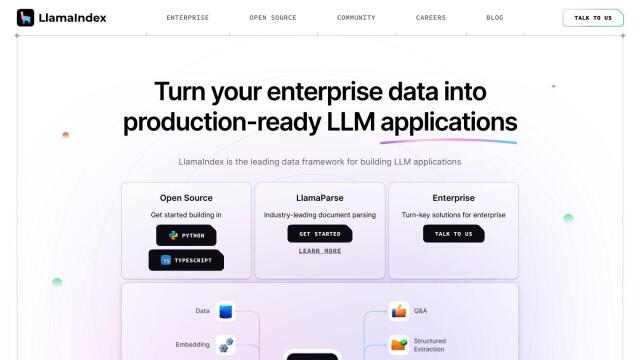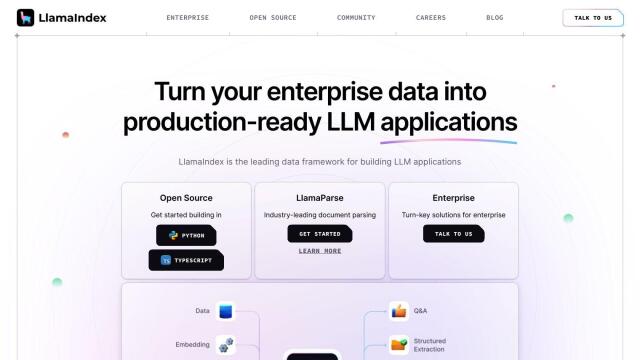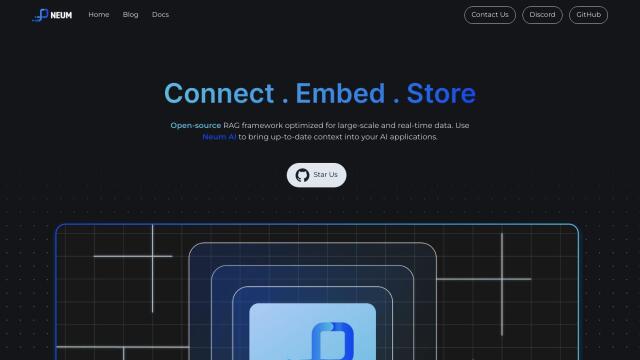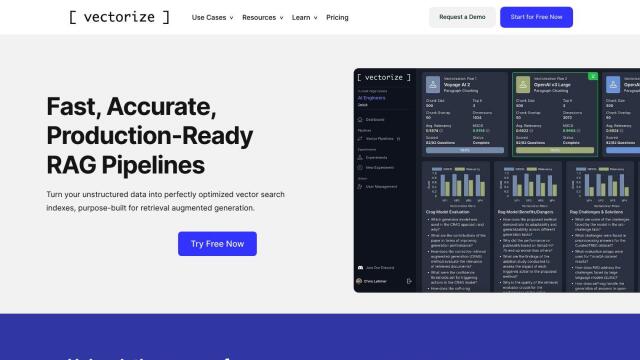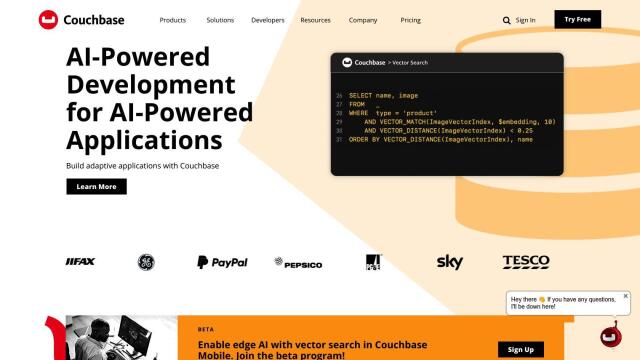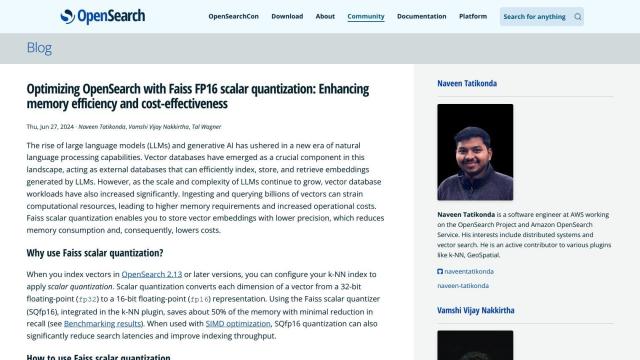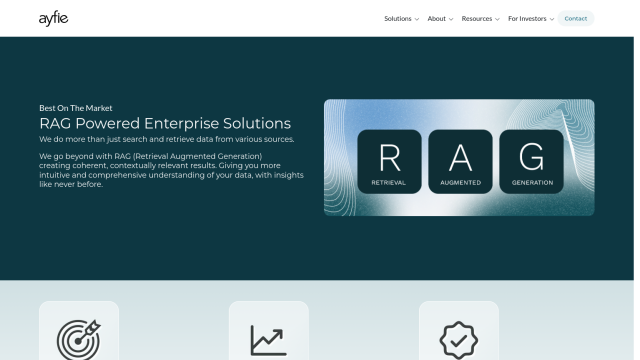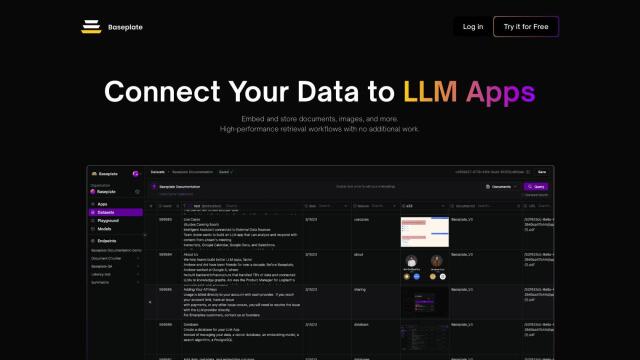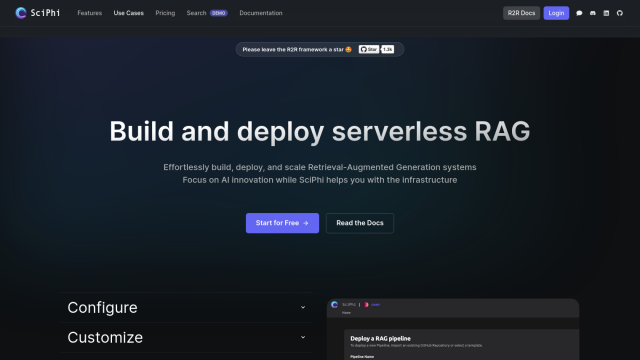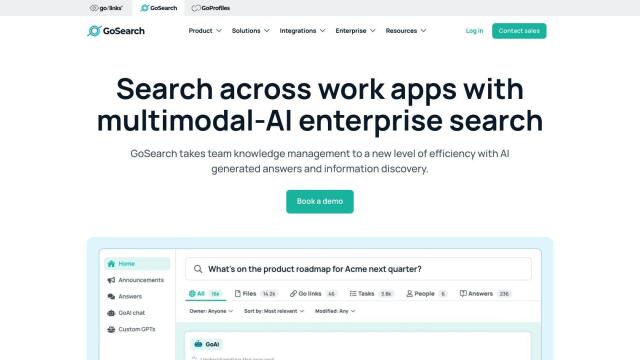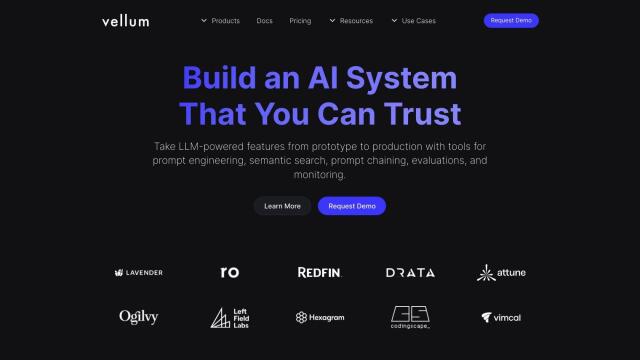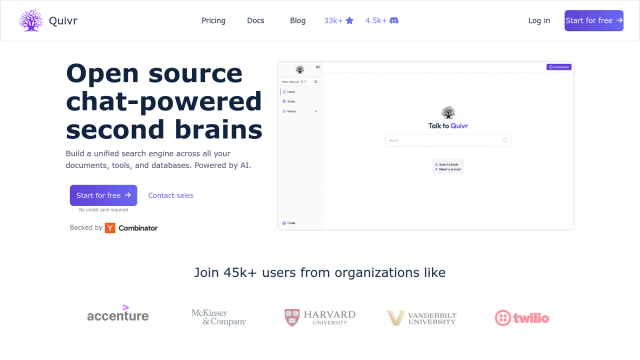Question: I need a tool that can combine structured data, text, and vector search in one query for advanced search applications.


Vespa
If you need a powerful system to combine structured data, text and vector search into a single query for sophisticated search use cases, Vespa is a great option. It's a unified search engine and vector database that can handle a variety of search types, including lexical and text data. Vespa is built for high scale and performance, so it's good for big applications. It also supports fast vector search and machine-learned models for low-latency search.

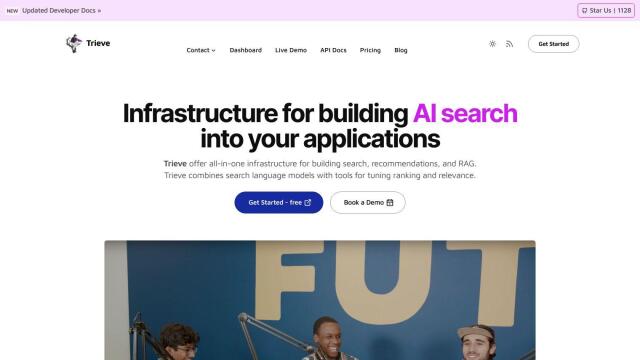
Trieve
Another option is Trieve, which offers a full-stack foundation for building search, recommendations and Retrieval-Augmented Generation experiences. Trieve supports semantic vector search, private managed embedding models and hybrid search. That means it's good for advanced search features like date recency biasing and semantic search. It also offers flexibility in hosting and data control, with options to self-host and pay for commercial plans.

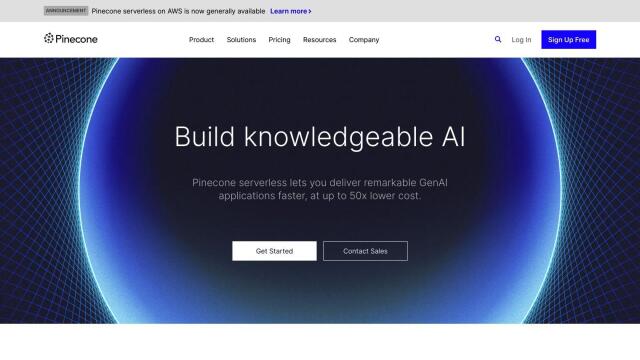
Pinecone
Pinecone is a vector database geared for fast querying and retrieval of similar matches. It has low-latency vector search, metadata filtering and hybrid search that combines keyword boosting with vector search. Pinecone is designed for high scale and real-time updates, and it has a range of pricing options, including a free starter plan, so it's good for a broad range of applications.

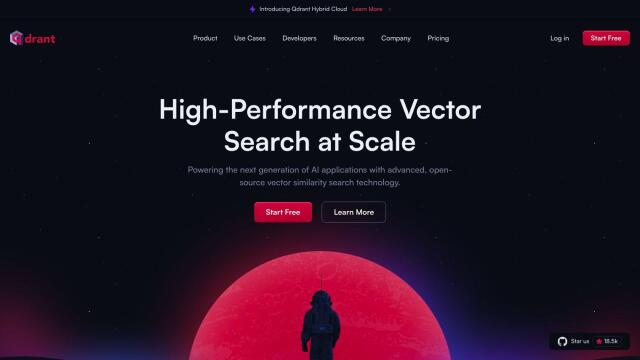
Qdrant
For a more open-source approach, Qdrant is a cloud-native vector search engine geared for high-performance processing of high-dimensional vectors. It offers fast and scalable vector similarity searches, integrates with leading embeddings and frameworks, and offers flexible deployment options. Qdrant is good for advanced search, recommendation systems and data analysis, and it's a cost-effective and secure option for developers.




